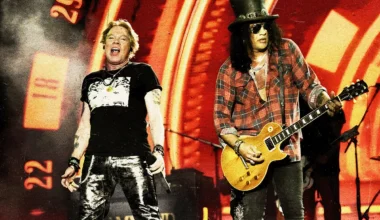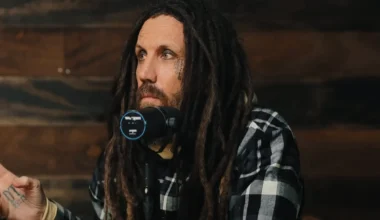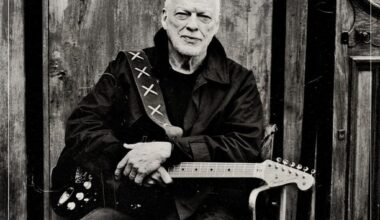No artist is safe from being stabbed in the back more than a few times in the industry. The whole point behind the music business is to keep one’s own head above water for as long as they can, and when it starts to get desperate, it can be easy to go against someone’s wishes and make the kind of music that you think will do well rather than following your muse. Roger Waters may have put his artistic ambition before anything else, but that didn’t exactly work with the kind of tyrannical force he was using in the studio.
It was easy to think of Waters as some grand conceptualist when he was making some of Floyd’s first major projects, but as time went on, it’s easy to see him getting a little too comfortable in his own skin. He may have helped give them a vision when making songs like ‘Echoes’, but when he started limiting what could be done by nixing songs from Wish You Were Here, it was clear he cared much more about the artistic statement than the quality of songs.
Did that result in better records? Well, most of the time, but judging by The Wall, there are moments that didn’t always work well on their own. Richard Wright was sorely missed after Waters all but blocked him out of the room half the time, and when he started to embrace the theatrical elements of the show, it sometimes went over perfectly or it would seem like an amateur trying to put on a Broadway show over two slabs of vinyl.
When the band decided to go on without Waters, though, the bassist felt they had committed the ultimate betrayal. There was no reason for the band to keep going since they all had grand ideas for the future, but when David Gilmour acquired the rights to use the name Pink Floyd with Nick Mason, Waters had to start back at zero again when putting together The Pros and Cons of Hitchhiking.
His absence wouldn’t be felt until A Momentary Lapse of Reason, but listening back to the record was only one part of his problem with the band. They could do whatever they wanted if they had Gilmour’s fabulous guitar solos behind them, but the real problem was the lack of self-awareness they had playing songs from The Wall live in stadiums around the world.
It could have been jealousy given that Waters couldn’t pack the same arenas yet, but he felt that the band critically misunderstood what he was going for by selling out those stadiums, saying, “When those people went out calling themselves Pink Floyd, it made me very, very gloomy. I wrote The Wall as an attack on stadium rock, and there’s ‘Pink Floyd’ making money out of it by playing it in stadiums. Oh well, that’s for them to live with. They have to bear the cross of that betrayal.”
It might seem a bit hypocritical, judging by Waters eventually making his way into stadiums with albums like Amused to Death, but he was always looking to put on the stage show rather than do a greatest-hits showcase. That’s why The Wall, which he performed later in his career, worked so well. Not everyone was expecting him to play ‘Money’ afterwards or anything, but they still knew they would be entertained.
And for Waters, he could rest easy knowing that he was using his platform as a way to tell a story about these kinds of massive stage productions. It can be fun to play to the people up in the rafters, but after a while, it can start to feel like a circus act half the time, so why not lean into it by bringing Broadway into the picture?






